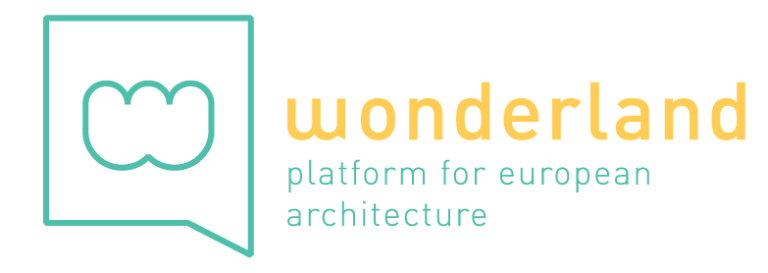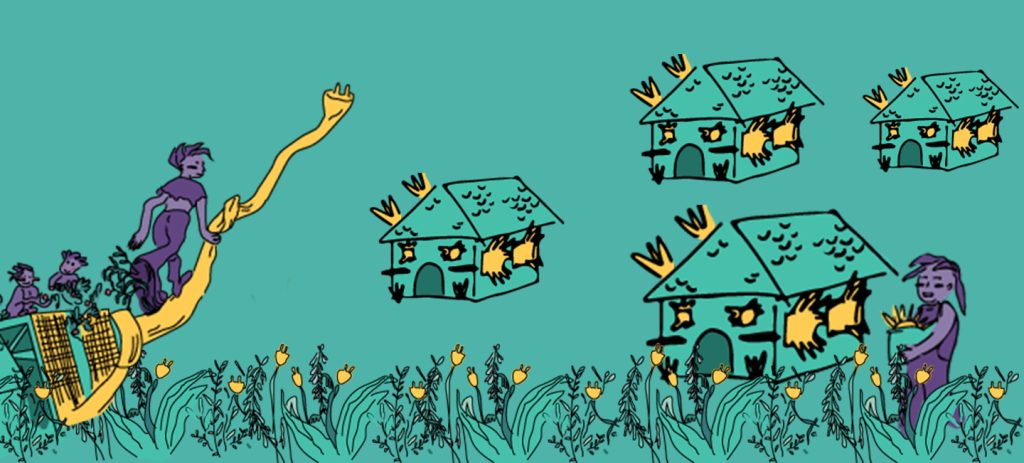Wonderland at the PED-EU-NET Final Conference ‘Energising Neighbourhoods’ in Linz, 2-3 September 2024
Welcome to Linz, Austria, where the COST Action Positive Energy Districts European Network (PED-EU-NET) is hosting its final conference, themed ‘Energising Neighbourhoods: Reflection, Dialogue, and New Perspectives.’ This event, held in collaboration with the City of Linz from 2-3 September 2024, aims to gather over 100 researchers, practitioners, and policymakers. The conference will reflect on the progress made in Positive Energy Districts (PEDs) across Europe and explore future opportunities and challenges. Wonderland is excited to disseminate “the PED Manifesto” and host two workshops at the PED-EU-NET Final Conference.
The PED Manifesto
The manifesto outlines a vision for transitioning to Positive Energy Districts (PEDs) through a holistic and inclusive approach. Show your support for the manifesto by signing it.
The manifesto was born out of our experiences in creating positive energy districts for case studies in the DUT funded PED-ACT project. The Manifesto focusses on three concepts, PEDs, zero carbon and energy communities as a starting point towards creating positive synergy, offering a clear purpose, and promoting effective development of the built environment through balancing energy use. They also help formulate what we view as a crucial part of establishing PEDs, which is to bring citizens and citizen groups together to develop and initiate projects in their own way.
In our exploration of how energy communities and Positive Energy Districts (PEDs) can complement and support each other, we’ve highlighted a framework applicable to various concepts in the energy transition. To accelerate progress, the manifesto emphasizes the need for a comprehensive understanding of PEDs, covering social, process, technical, governance, environmental, legal, financial, and managerial aspects. It also underscores essential demands, including carbon pricing, public investment in sustainability, innovation in clean energy, industry transformation, and climate justice. Immediate actions are crucial: engaging in energy projects, investing in sustainability, using green energy, promoting active mobility, collaborating with energy communities, upgrading homes and workplaces, and advocating for better policies. Together, these actions will lead us toward a more sustainable and equitable energy future within Positive Energy Districts.
To support the PED manifesto please visit https://ped-act.com/pedmanifesto/
Workshop 1: Advocating for Inclusive PEDs
Wonderland is excited to host the “Advocating for Inclusive PEDs” workshop, a key session on the first day of the conference. Led by Bahanur Nasya and Mengije Han, this workshop will focus on integrating inclusivity into the design of Positive Energy Districts (PEDs), ensuring they serve the needs of all community members, especially those from underrepresented or vulnerable groups. The session will bring together a diverse range of participants, including residents, policymakers, and designers, to discuss and explore how inclusivity can be integrated into PED development. The workshop will feature interactive activities, including breakout discussions and group exercises, where participants will have the opportunity to share their perspectives and co-create strategies for making PEDs more accessible and equitable. Through this workshop, Wonderland hopes to foster a meaningful dialogue on how PEDs can become spaces that truly reflect and accommodate the diverse needs of their communities.
Workshop 2: Ars Electronica Workshop – Roleplay with Personas
Another highlight of the conference is the Ars Electronica Workshop, which employs a unique roleplay approach to explore public engagement in PEDs. Participants will step into the shoes of seven different personas representing varied social and demographic backgrounds, ranging from retirees and young professionals to migrants and gender minorities. This engaging roleplay will simulate real-life challenges and motivations in a fictional PED or Energy Community setting, allowing participants to experience firsthand the barriers and opportunities that different individuals face. The workshop is supported by a series of posters that prompt participants to reflect on key issues. One poster invites attendees to identify the most pressing environmental challenges, such as energy costs, air quality, and the demand for renewable solutions. Another poster captures common barriers to engagement, using speech bubbles to highlight reasons why people might feel disconnected from energy projects, such as inconvenient timing, lack of trusted figures, or unwelcoming spaces.
This workshop seeks to unpack why many energy projects struggle to attract and retain public interest, despite the growing importance of environmental issues. By focusing on eight key qualities—accessibility, engaging activities, comfortable participation, a positive image, sociability, openness to new ideas, inclusivity, and opportunities for personal involvement—the workshop aims to offer insights into how energy projects can be reimagined to better connect with and inspire the public.
Why Inclusivity Matters in PEDs
Positive Energy Districts are at the forefront of the transition to sustainable urban living. However, to truly succeed, they must be designed to serve the needs of all residents, including those from underrepresented or vulnerable groups. This workshop aims to create a dialogue on how to achieve inclusive practices that ensure everyone benefits from PED initiatives.
We invite all attendees to join us in this important conversation. For any questions or more details about the workshops, please feel free to contact us. We look forward to seeing you there.
For more information contact:
Bahanur Nasya,
[email protected]




